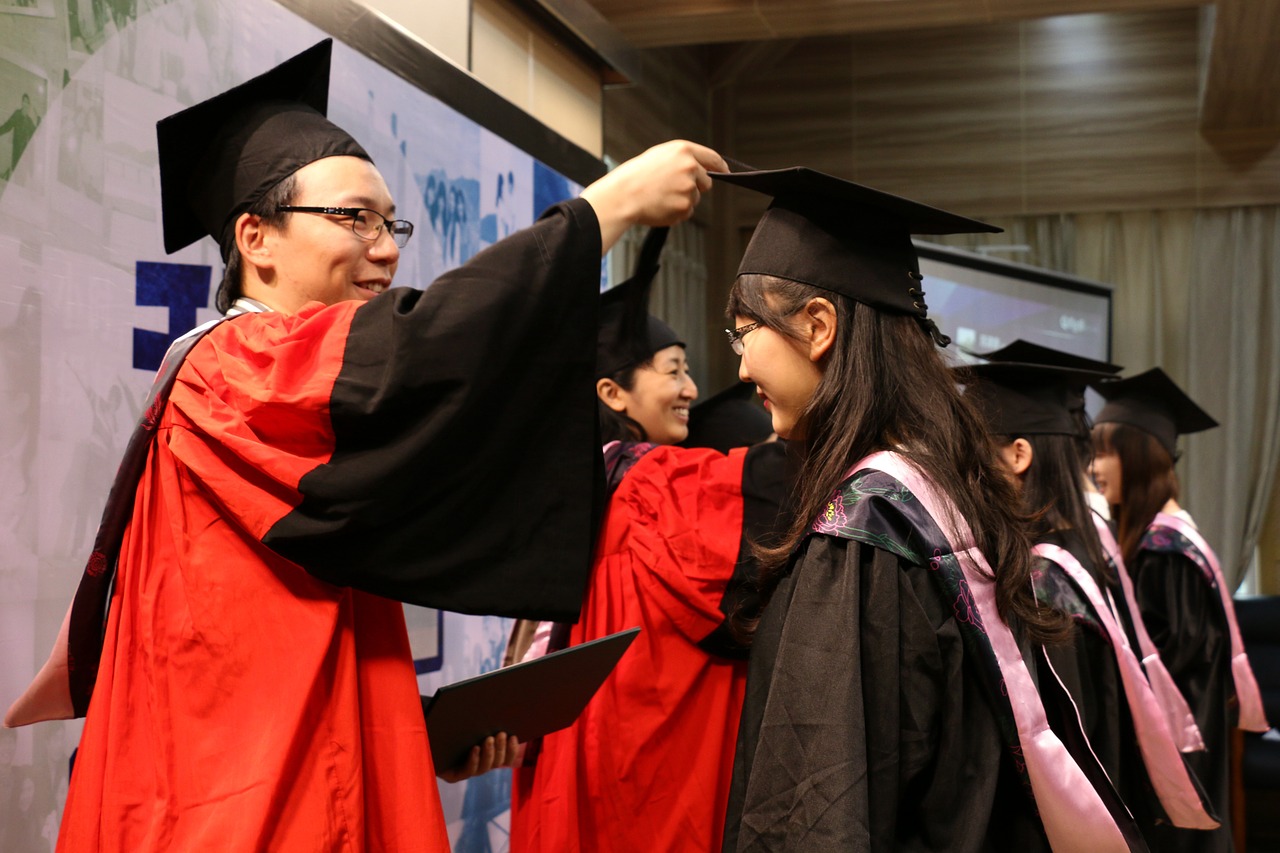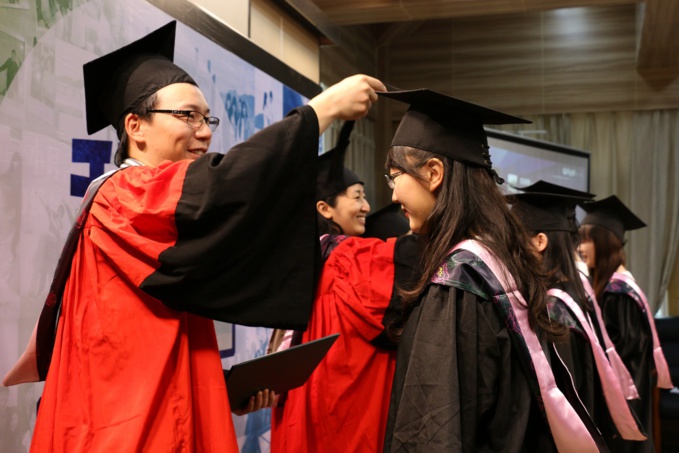The rapid automation of the country threatens up to 220 million workers in China and from 22% to 40% of internal migrants. According to McKinsey&Co, which cites such estimates in a report on the problem, the country's education market, which used to grow by 16% per year, should triple in a decade, or the country will face severe structural unemployment and a decline in growth.
The report published by McKinsey Global Institute in January 2021 describes one of the biggest problems in the national economy, important at the global level. The institute's experts consider possible scenarios of China's post-industrial growth, adopted in the country's official development strategy, in the short-term (up to 2030) and longer (up to 2050) timeframe - and analyze the challenges facing the Chinese labor market. The report's authors conclude that a major shift in the nature of employment in China is coming: the official strategy to catch up with China's GDP growth to 70% that of major developed economies by 2050 (that's annual growth of just under 5%) should cause tens or hundreds of millions of the country's labor force to change careers and dramatically reduce demand for internal migration in the PRC.
McKinsey & Co. does not mention the "structural unemployment" as such, despite the fact that the discussion is about it: without a system of labor retraining and changes in the education market in China, the country, which since 1992 has created the world's largest industrial economy, will face this very problem. The report focuses mainly on the possible design of the future post-industrial education market in the PRC.
The PRC has nominally increased education spending 50-fold since 1992 and is now slightly ahead of Japan, Germany and Singapore in terms of the share of education spending in GDP (more than 4%), and significantly behind South Korea, the US and the UK. China's educational market has been growing at a rate of 16% per year in recent years; however, McKinsey experts believe that it should triple by 2030, which is the necessary expenditure in order to provide jobs for the "industrial" workers who were laid off.
China, experts warn, may become a "country of perpetual learners": although the PRC educational system since 1978 has been coping with the current challenges in three stages, now we are talking about more rapid changes and the need for educational technology for the working generations. What is happening will in principle have a predictable effect: super-fast industrial growth with a full employment policy has opened up the PRC economy to become a "factory of the world". At that, the world's success in building a post-industrial society makes China the most vulnerable country in the world to these effects. There is no way for China not to solve this problem: the country's stability, with its many disparities in development over the past 30 years, rests precisely on high GDP growth and internal migration.
source: mckinsey.com
The report published by McKinsey Global Institute in January 2021 describes one of the biggest problems in the national economy, important at the global level. The institute's experts consider possible scenarios of China's post-industrial growth, adopted in the country's official development strategy, in the short-term (up to 2030) and longer (up to 2050) timeframe - and analyze the challenges facing the Chinese labor market. The report's authors conclude that a major shift in the nature of employment in China is coming: the official strategy to catch up with China's GDP growth to 70% that of major developed economies by 2050 (that's annual growth of just under 5%) should cause tens or hundreds of millions of the country's labor force to change careers and dramatically reduce demand for internal migration in the PRC.
McKinsey & Co. does not mention the "structural unemployment" as such, despite the fact that the discussion is about it: without a system of labor retraining and changes in the education market in China, the country, which since 1992 has created the world's largest industrial economy, will face this very problem. The report focuses mainly on the possible design of the future post-industrial education market in the PRC.
The PRC has nominally increased education spending 50-fold since 1992 and is now slightly ahead of Japan, Germany and Singapore in terms of the share of education spending in GDP (more than 4%), and significantly behind South Korea, the US and the UK. China's educational market has been growing at a rate of 16% per year in recent years; however, McKinsey experts believe that it should triple by 2030, which is the necessary expenditure in order to provide jobs for the "industrial" workers who were laid off.
China, experts warn, may become a "country of perpetual learners": although the PRC educational system since 1978 has been coping with the current challenges in three stages, now we are talking about more rapid changes and the need for educational technology for the working generations. What is happening will in principle have a predictable effect: super-fast industrial growth with a full employment policy has opened up the PRC economy to become a "factory of the world". At that, the world's success in building a post-industrial society makes China the most vulnerable country in the world to these effects. There is no way for China not to solve this problem: the country's stability, with its many disparities in development over the past 30 years, rests precisely on high GDP growth and internal migration.
source: mckinsey.com



















